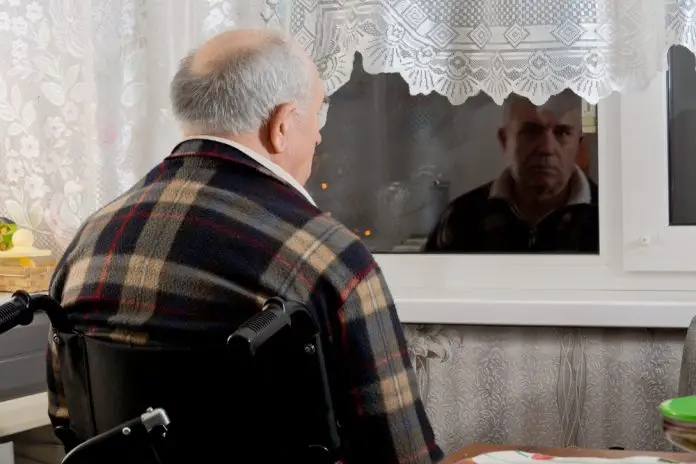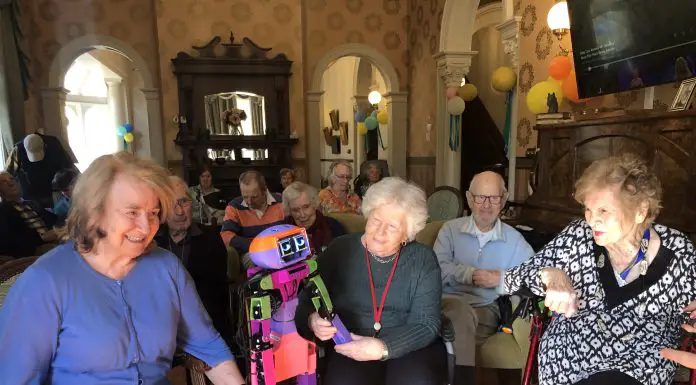Researchers at the University of New South Wales (UNSW) Sydney have uncovered evidence in hospital data linking dementia to self-harm. The study found that people diagnosed with dementia were more likely to self-harm within the first six to 12 months after diagnosis. The findings highlight the need for health services to offer more follow-up support in this crucial period.
The study believed to be the largest of its kind, analysed data captured for over 180,000 people admitted to hospital in New South Wales between 2001 and 2015. It focused on two cohorts of patients: 154,811 people with dementia and 28,972 people admitted for self-harm injuries.
Dr Adrian Walker, who led the study, says while smaller studies and anecdotal evidence had previously suggested a link between dementia diagnoses and self-harm, the hospital data supports the findings in a large population setting.
“We know that that’s an important question because dementia itself is associated with not only a lot of neurological changes but also a lot of grief and a lot of anxiety. And it can create this perfect storm of factors that may contribute to self-harm,” said Dr Walker.
The researchers found that of the people recorded as having dementia, 692 of them went on to be readmitted to hospital for self-harm. Women accounted for the majority of people initially admitted to hospital with dementia (60%) and initially admitted because of self-harm (53%). But when researchers looked at the number of people who went on to self-harm after being admitted initially with dementia, the ratios between the sexes flipped, with men making up 60% of those admissions.
“When we drilled down further into those numbers, the episodes of self-harm for both men and women appeared alarmingly soon, within 12 months of the first hospital visit for dementia,” said Scientia Associate Professor Simone Reppermund, a psychologist with UNSW’s Department of Developmental Disability Neuropsychiatry and supervising author of the study.
“The message to clinicians and indeed, the outside world, is that it is really important, once a person gets a diagnosis of dementia, that psychosocial and mental health supports are kicking in straight away. We would like to see people who are initially diagnosed get the support very early on to prevent self-harm and suicide later on,” Reppermund added.
Mr Stephen Grady was one of the advocates with lived experience of dementia and spoke of his own reaction when he was first diagnosed at the relatively young age of 60 while enjoying a successful career as a measurement scientist.
“So here was me as a very high-functioning member of society, one of the leading people in my field,” Mr Grady said. “And then suddenly after being diagnosed, it felt like I went from a valuable contributor to society to having no value at all. So, there’s this whole question of, okay, ‘Is your life over, is it still worth living?’. These are the kinds of questions that I believe many of us ask ourselves, but it’s only when you find the value in your life again, that you can refute them.”
The researchers also looked for evidence of a reverse trajectory – how many people, with no history of dementia, went on to develop dementia after being first admitted because of self-harm? They found that again it was more men, 475 or 55% of all those previously admitted for self-harm, who went on to develop dementia. But with 395 women who travelled the same path from self-harm to dementia diagnosis, it is clear that this is an issue affecting both sexes.
The findings were reported in the paper published today in the journal Alzheimer’s & Dementia: The Journal of the Alzheimer’s Association.










